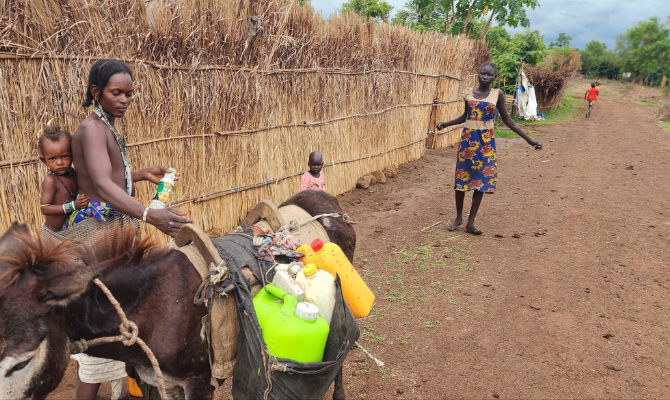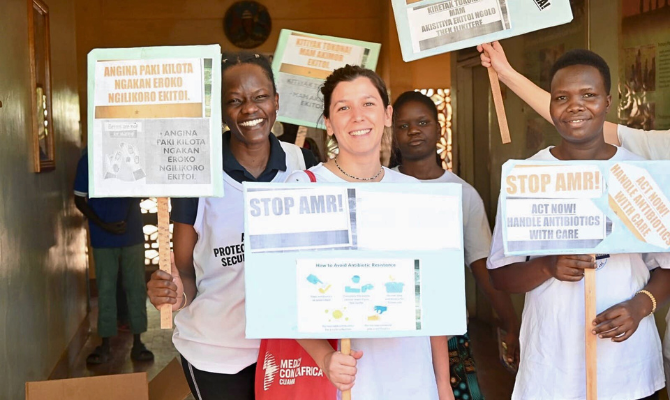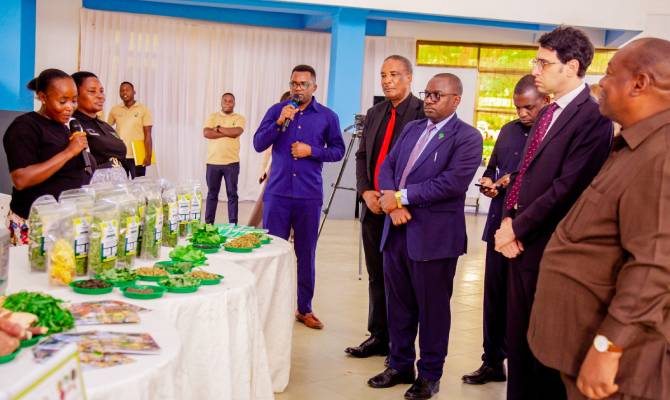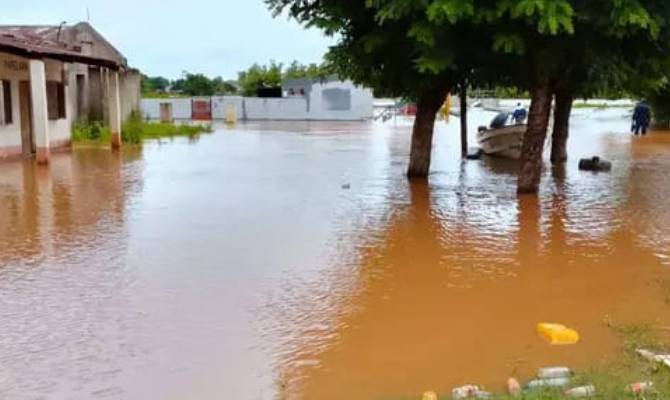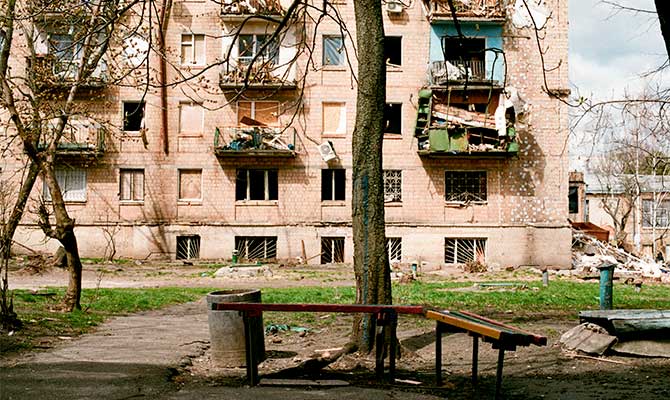“We have been present in the Nguenyyiel refugee camp for a long time. We assist with the daily lives of people, mainly from South Sudan, by providing essential health services. However, for some time now, the Felata, nomadic shepherds from West Africa who move seasonally through this camp, have also been accessing these services,” says Daniel Frehun, CUAMM area manager in the Gambella region of Ethiopia.
According to the latest UNHCR data from May 2025, the Gambella region alone is home to more than 395,000 refugees in seven camps, mainly from South Sudan. Since 2018, Medici con l’Africa CUAMM has been present in the region, providing prevention and treatment services for the refugee population and host communities. It also operates in the Nguenyyiel camp, one of the largest in the area, supporting two health posts in Zones A and D of the camp. The activities are part of the project “Emergency response to the South Sudanese crisis through an integrated and inclusive approach in health, nutrition and protection, to strengthen the resilience of South Sudanese refugees and host communities in the Gambella region of Ethiopia”, funded by the Italian Agency for Development Cooperation and implemented together with Plan International Ethiopia and Plan Italia.
“My first encounter with the Felata was in 2021, during an awareness-raising activity in Zone D, as a field worker. Every year, as they move with their livestock in search of greener pastures, the Felata herders arrive on the outskirts of the camp and settle there for 3-5 months. Although they are not refugees themselves, they are welcomed and, if they need assistance and care, they can access the health facilities supported by CUAMM” adds Daniel.
“We don’t ask where they come from, it’s not important to us, we just ask how we can help!” says Tadese Kebede, head of the clinical team in Zone A of the camp. “In the last four months alone, 495 members of the Felata community have received medical care at CUAMM supported health posts in Zones A and D of Ngunyyiel. On average, more than 1,000 people access the services each year. Health is a fundamental human right, not a privilege linked to nationality or status, and for us it must be equitable and inclusive,” he concluded.
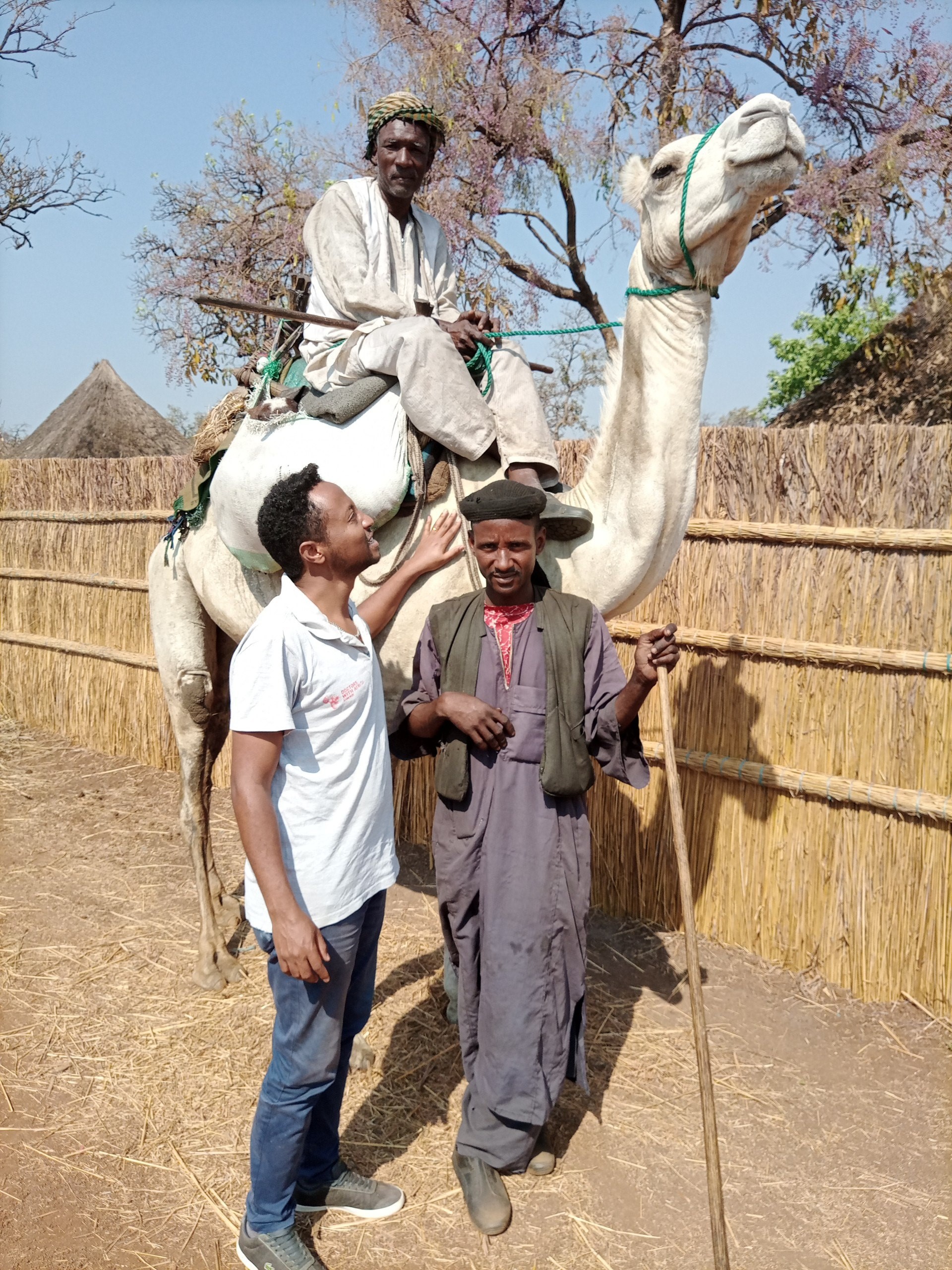
CUAMM has therefore become a key point of reference for the Felata, allowing them to access health services, given the difficulty of finding quality healthcare facilities during their constant movements. The socio-economic relationship that has developed between them and the South Sudanese refugee community in the camp is also very interesting. Camp residents get milk from the nomads, who in turn buy everyday products such as flour, soap and sugar. It is a mutual exchange, an informal economy based on need and trust.
“Despite speaking different languages, it is surprising how easily they interact; somehow communication always finds a way through gestures, fostering understanding and sharing that bridges linguistic and cultural gaps”, says Daniel.
In this corner of Ethiopia, where daily challenges are many, CUAMM is committed to promoting health without borders, a health that is care, dignity, equity and respect.

